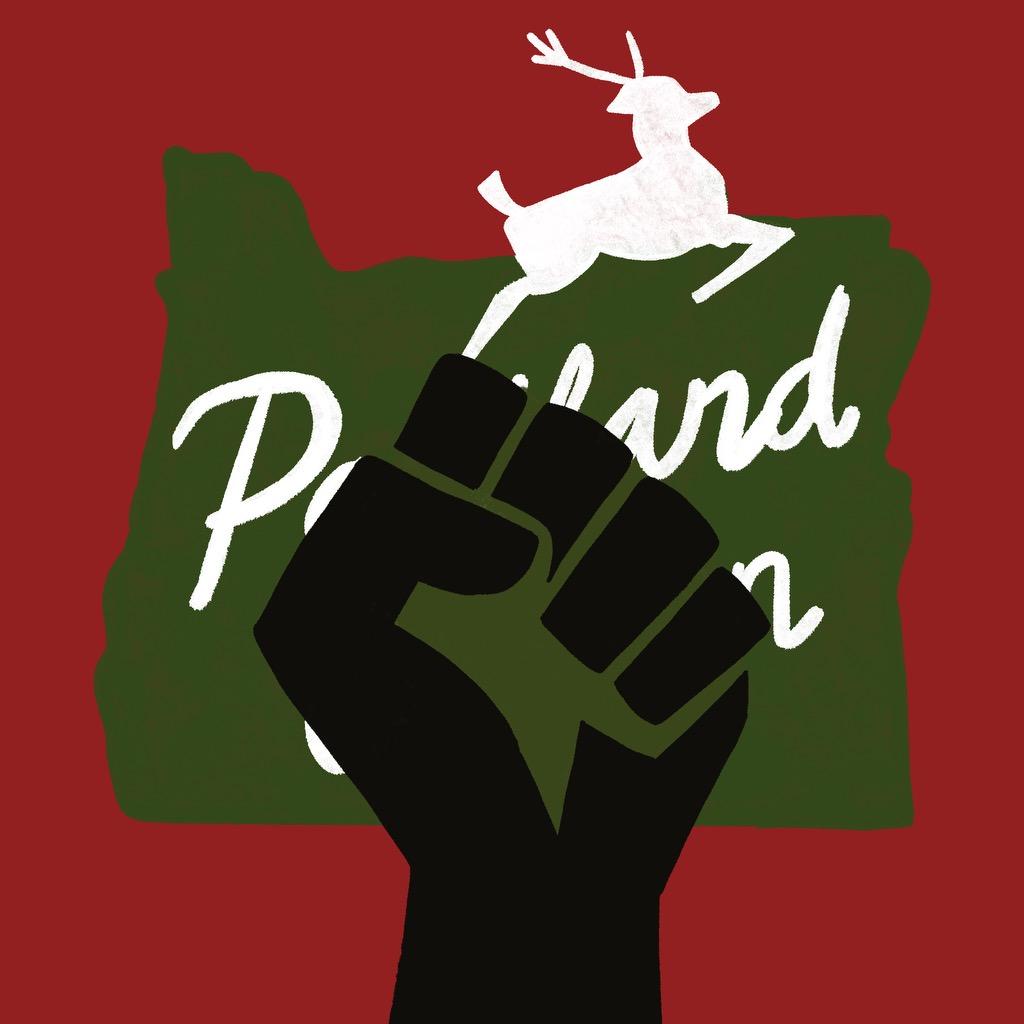The arrival of February brings many things: Valentine’s Day, warmer weather, and Black History Month, a month that works to honor and recognize influential Black leaders across the country, and all who helped build and shape the country we know today. In Portland, Oregon, many Black leaders have made significant changes for the local community. Unfortunately, the racist background of Portland often goes undiscussed, despite the importance of acknowledging and understanding the racial history of Oregon. The city is often referred to and praised for being “progressive,” often with the suggestion that issues of racism have been overcome. However, even simply the lack of diversity to this day is reflective of the state’s racist origins, alongside many other problematic and glossed-over aspects of Oregon history.
Black History Month began as Negro History Week, originally established by Black Historian Carter G. Woodson in the early 1920s. Woodson’s main goal during the development of Negro History Week was to make the celebration of Black history more significant. Woodson’s vision became reality in the late 1960s when former president Gerald R. Ford issued a public statement recognizing the importance of Black history and supporting a push to make the entire month of February Black History Month.
Black History Month has had a massive impact among Black citizens on the individual, local, and national level. In Portland in particular, its impact is more visible since the Black population is considerably smaller than in most cities.
Emilie Krutzik, an ethnic studies educator at the Oregon Historical Society (OHS), says: “There are many stories that make Portland’s Black history unique! It is full of stories of resistance, resilience, community action, and culture. One of my favorite stories is the life of Beatrice Morrow Cannady.” Beatrice Morrow Cannady was a civil rights activist as well as the first Black female who obtained a law degree in Oregon. Cannady and her partner, Edward Cannady, established the largest Black newspaper in Oregon; “The Advocate,” which often reported on local racial discrimination.
“One part of Portland’s Black history that I am just starting to explore is Portland’s jazz scene. It was once so popular that people came from all around — sometimes all the way from Idaho or even California, when certain musicians were playing — to the Black-owned nightclubs clustered around Williams Avenue,” says Krutzik.
Franklin’s Black Student Union (BSU) President and junior at Franklin, Marilyn Muñoz, says: “I think the purpose of Black History Month is to give insight on the contributions Black Americans have made on our country and society, especially with the [erasure] that American history [books] like to put in the school systems and class settings.”
When asked about what Black History Month meant to her personally, Muñoz says: “Black History Month means being able to take pride in who I am and my ancestors … I am now able to go to a school with people who don’t look like me, and without Black history that would not be possible.” Muñoz’s response refers to racial segregation, which separated Black individuals from white individuals through the implementation of separate schools, separate businesses, water fountains, etc. Segregation also occurred in other forms. In Portland, intentional and systemic city planning, called redlining, organized neighborhoods by race, and denied Black families the ability to utilize government-issued loans. To this day, these inequalities show up in our educational systems, where schools benefit or are disadvantaged depending on the property taxes and inherited wealth of surrounding neighborhoods.
It is important to remember and acknowledge that Portland’s history is very problematic, and is highly rooted in white supremacy and anti-blackness, and such history influences the current environment of Portland to this day. Krutzik adds to this, stating, “Portland is one of the whitest cities in America. This is not a random occurrence; it is the result of generations of legal and social racism. In the 1840s and 1850s, the government passed a series of laws that excluded Black Americans from living here and owning property. The Donation Land Claim Act, which allowed Oregon pioneers to claim up to 640 acres of land, was only available to white settlers and excluded Black Oregonians from land ownership. These laws were very effective at presenting Oregon as a hostile destination for Black settlers contemplating a move West.”
Another act present in Oregon’s racist history is the Lash Law, which required all free Black people to leave the state within three years. If any individual was found guilty of violating this law, the individual was subjected to no fewer than 20 lashes every six months, until the individual left the state.
Portland being one of the least diverse cities in the nation, can leave Black people living in Portland feel isolated. While the month of February is dedicated to the achievements of Black Americans, it is crucial to acknowledge that the accomplishments of Black people are still often overlooked even after their accomplishments have made major impacts on the world we live in today. Alongside this month of acknowledgment comes the recognition of how much work there is still to be done. Black history should be recognized and celebrated every month, even if it’s not Black History Month.


































